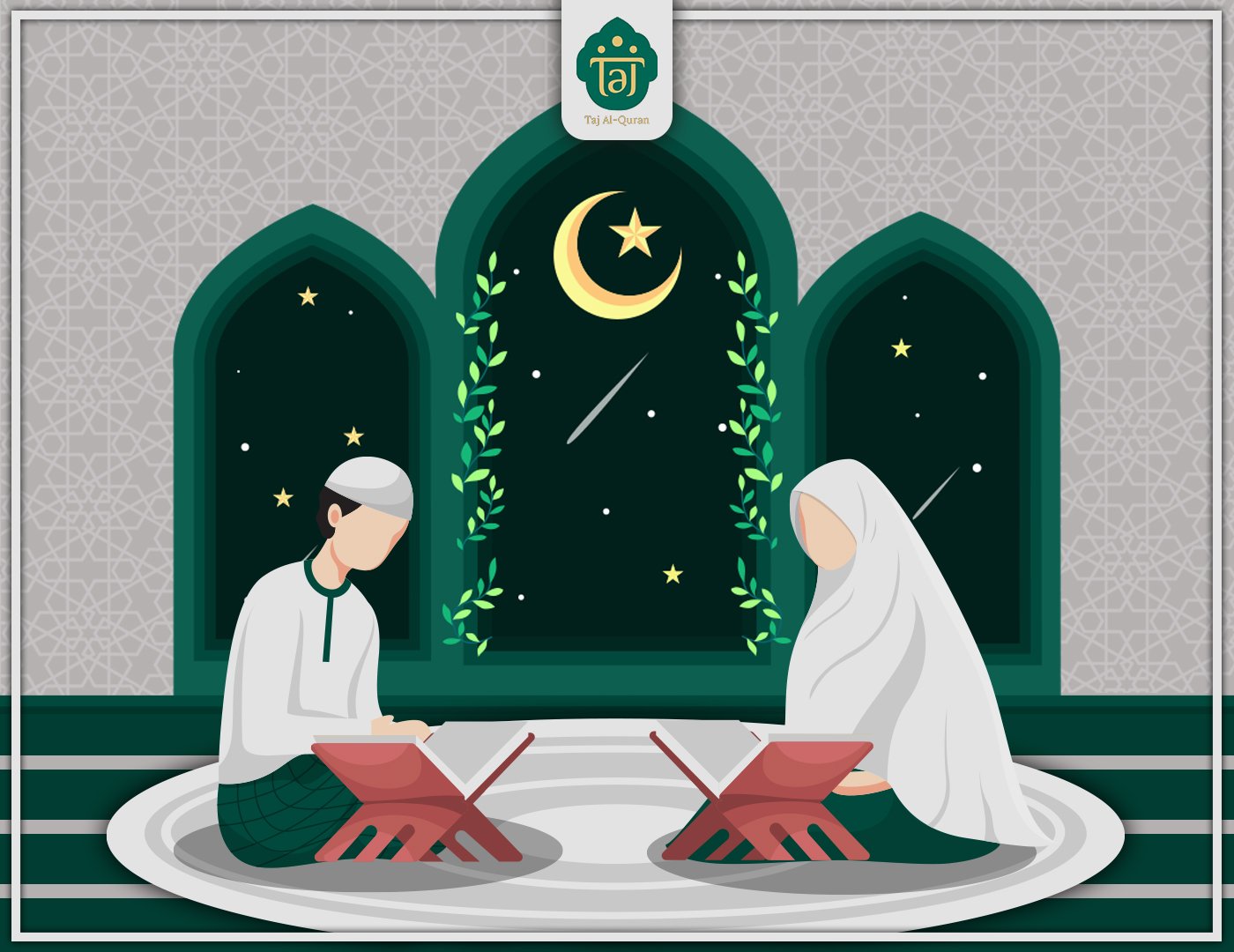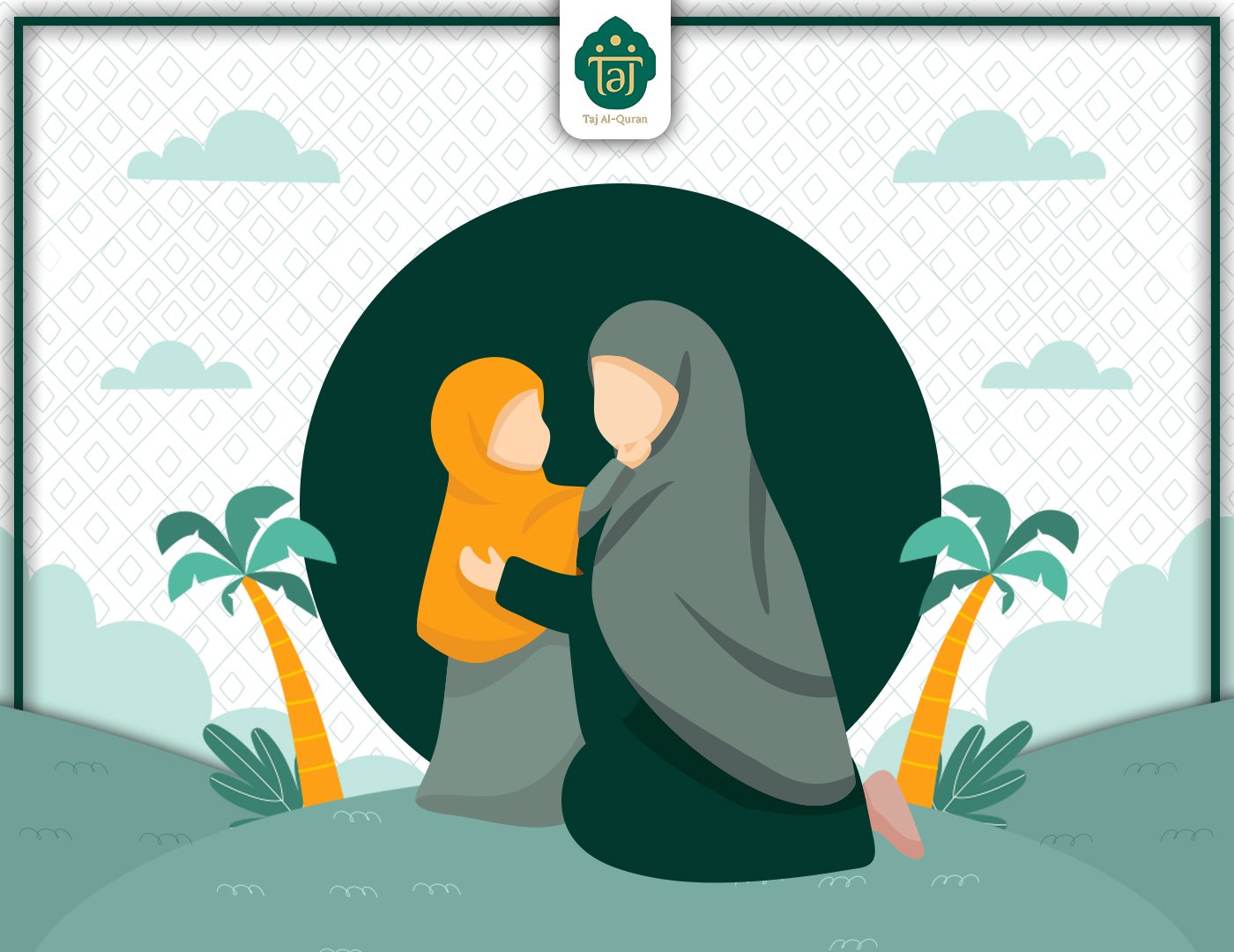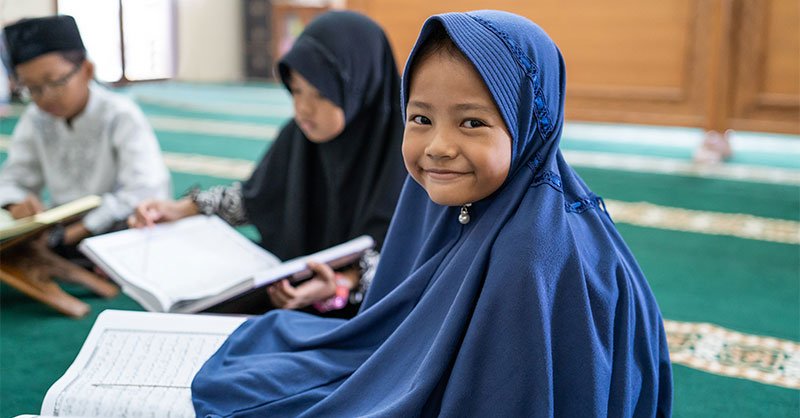
In a world where parents dream of the best for their children and strive to equip them with tools for success, imagine a language that not only broadens opportunities but also nourishes the soul, strengthens faith, and connects them to a timeless heritage. Arabic—the language of the Qur'an and Sunnah—is that language. It’s more than just words; it’s a gateway to a deeper connection with Allah, a brighter future, and a legacy of faith, wisdom, and true knowledge.
Graces of Learning Arabic language:
Arabic is the language chosen by Allah to reveal His final message to humanity. In the Qur'an, Allah says, "Indeed, We have sent it down as an Arabic Qur'an that you might understand." (12:2). Its eloquence, depth, and beauty make it incomparable. The Arabic of the Quran is not just a linguistic miracle but a spiritual one. The Quran itself challenges its audience to produce something comparable, highlighting its miraculous nature: "And if you are in doubt about what We have revealed to Our servant, then produce a surah like it and call your helpers other than Allah, if what you say is true." (2:23). Through Arabic, our children can access the wisdom of the Quran in its path, immersing their hearts and minds in the divine message. Imagine your child reciting the Quran fluently, understanding its meanings, and finding guidance for every stage of life.
Arabic was the language spoken by the Prophet Muhammad (peace be upon him), in whose heart the Qur'an was revealed. Every Hadith, every word of wisdom from the Prophet, is preserved in Arabic. Allah emphasizes the significance of this: "And We did not send any messenger except [speaking] in the language of his people to state clearly for them." (14:4). By teaching Arabic to our children, we’re giving them the ability to connect with the Prophet’s teachings directly. They’ll not only perform Salah with confidence but also deeply feel the meanings of their prayers, enhancing their relationship with Allah.
Arabic unites over a billion Muslims worldwide. In every corner of the world, from the mosques of Indonesia to the deserts of Africa, the Qur'an's recitation, dhikr, and Adhan echo in perfect harmony, binding Muslims through a shared language of devotion. Arabic is not just a means of worship; it’s a bond of brotherhood and a bridge that connects hearts beyond borders. Through Arabic, your child becomes part of this global Muslim unity. The language enriches their identity as Muslims, granting them confidence and pride in their faith and heritage.
What did Muslim scholars say about learning Arabic language?
1. Umar ibn Al-Khattab (may Allah be pleased with him), the second Caliph of Islam said: "Learn Arabic, for it is part of your religion."
2. Imam Ash-Shafi'i stated, "It is obligatory upon every Muslim to learn Arabic to the best of their ability so that they can testify that there is no deity except Allah and that Muhammad is the Messenger of Allah, and to recite the Book of Allah."
3. Ibn Taymiyyah extensively on the significance of Arabic, stating, "The Arabic language itself is part of the religion, and knowing it is an obligation because understanding the Qur'an and Sunnah is obligatory, and they cannot be understood without Arabic."
4. Imam Al-Qurtubi explained in his tafsir, "The Arabic language is the greatest means of attaining knowledge of the Qur'an and Sunnah, and whoever neglects it has turned away from one of the paths of Allah.
5. Scholars have consistently viewed learning Arabic as a vital tool for understanding and practicing Islam. While it may not be an individual obligation (fard ‘ayn) for all Muslims, it is a collective obligation (fard kifayah) for the community. Learning Arabic opens the door to a more profound connection with the Qur'an, Sunnah, and the rich heritage of Islamic scholarship.
Learning Arabic nurturing the mind and heart
Learning Arabic sharpens the mind and strengthens the heart. Its structure fosters critical thinking, problem-solving, and memory capacity. Studies show that bilingual children perform better in academic subjects, especially in math and verbal reasoning. Arabic also opens doors to a treasure of limitless knowledge. Many foundational works in medicine, astronomy, and mathematics were written in Arabic. By learning it, your child gains access to a rich legacy of human achievement and Islamic heritage. More importantly, Arabic nurtures emotional resilience and patience. The process of learning it cultivates perseverance, focus, and adaptability—qualities that are essential for life’s challenges.
Learning Arabic: A Journey That Is Worth It.
Imagine your child standing confidently in prayer, reciting the Quran with understanding and love. Watching them connect with their Creator, their faith, and their Islamic heritage. By teaching them Arabic, you’re not just giving them a skill; you’re giving them an identity, a purpose, a connection to their religion and a way to Jannah. Arabic isn’t just a language. It’s a bridge to success, a link to our faith, and a key to the treasures of our past and future. Let us, as parents, empower our children with this gift. Let us give them the means to succeed in this dunya and the hereafter.
In conclusion, Arabic is the bridge to that brighter future. Let us pass on this legacy to our children, guiding them toward success in this dunya and eternal reward in the akhirah. The journey starts here, and it’s a journey worth taking. Empower your child with Arabic—start with TAJ their journey today.
Comments (0)
Categories
Recent posts


Little Hearts, Big Faith: Why Quran ...
18 Dec 2024
Arabic: The Language That Empowers ...
19 Dec 2024
How Technology is Revolutionizing Quran ...
3 Nov 2025



